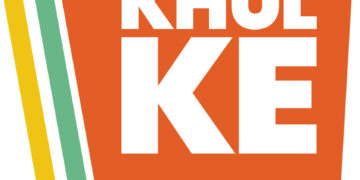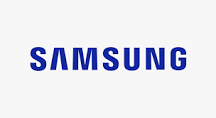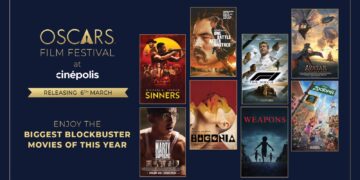Textbook learning is not easy. It is not easy for even the most dedicated and talented students to read, comprehend and retain information in such a manner. And for some students, it can be an unfathomable challenge. Many students associate school with attempting to separate important information from less-important information, trying to understand tables and diagrams that were sandwiched between text, keeping track of all the new vocabulary words, and doing their best to avoid boredom and waning attention spans. Eirini Petratou, Senior User Research Manager at BIC Cello shares tips on how to enhance your learning through writing:
The art of notetaking and analysis: From an early age, peoples’ brains are inevitably trained to learn through writing and drawing, making it easier for the brain to retain information at a later stage in life through this manner. Writing helps thought flow and structure as well as improving grammar and vocabulary.
Creating mind-maps for summarization: Retention of information has become a challenge in today’s age. As students struggle to learn and retain information from across their syllabus, the ‘Mind Mapping’ method has become one of the most effective ways to overcome this challenge.
Enhancing your focus through physical stimulus: Sitting through a lecture where the teaches touches upon various topics, the first hand of information comes from listening. However, many students find it difficult to maintain focus during long lectures. Writing is a key medium through which students can focus more on the subject matter.
Trigger to cognitive development and critical thinking: The relationship between writing and cognitive development is well established. Writing directly impacts and positively influences various cognitive skills such as self-regulation, hand eye coordination and working memory activation. Furthermore, one can also enhance their critical thinking skills though writing as retaining and processing information in such a manner allow further development of critical and analytical thinking.




































